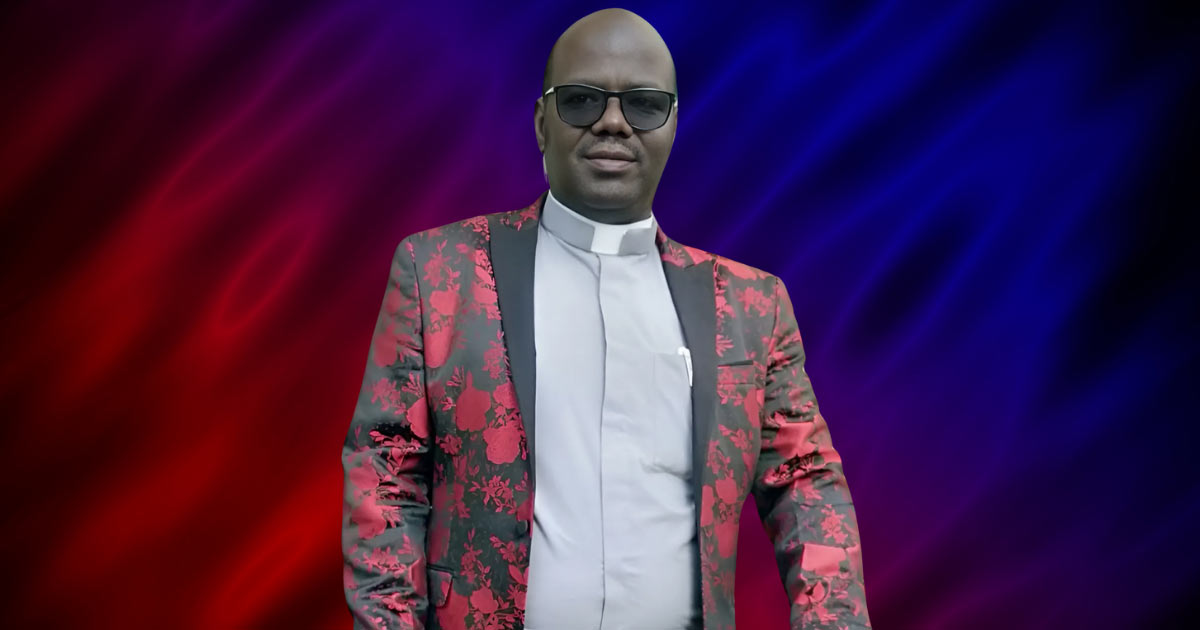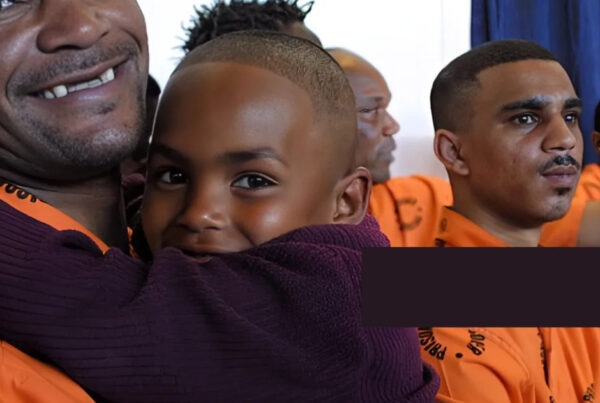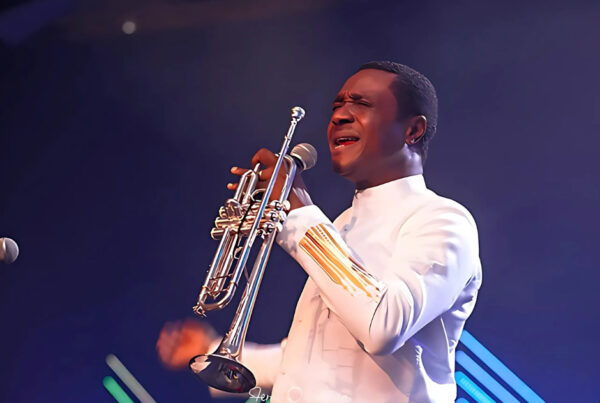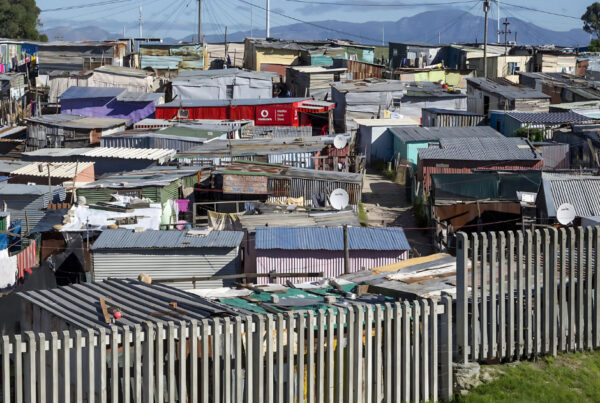MERU COUNTY, KENYA — The morning begins not with bells, but with brakes. Dust curls behind the slow-moving truck as it pulls to a halt near a collection of mud homes and maize stalks. Chickens scatter. Children gather. The side of the vehicle reads in faded blue: Hope on Wheels.
At the wheel is Rev. Paul Mwenda, 52, a wiry man with silvered temples and a pastor’s unmistakable calm. He steps down, stretches his back, and opens the truck’s side panels, revealing not cargo, but a sanctuary: pulpit, chairs, water for baptisms, even a roll-out canopy for shade.
“If people can’t come to church,” he says, “then the church must go to them.”
It’s not just a slogan. For the past four years, Mwenda has driven this vehicle — part ministry van, part spiritual lifeline — across the arid backroads of eastern Kenya, visiting villages where churches are few, pastors are scarce, and faith is flickering.
Rev. Mwenda was born in Meru County, a region known more for subsistence farming than ministry innovation. He was the first in his family to attend secondary school, the first to graduate from seminary, and the first to admit — with honesty — that he nearly quit.
“I lost my first church to drought,” he says. “The land dried up. The people moved. The building cracked open like the soil.”

It was during a prayer retreat in 2020, at the height of the pandemic, that the idea came. Not a new building. Not a new sermon series. But a vehicle. Something mobile, modular, and rooted in mission.
He sold his aging motorbike and rallied three friends. By mid-2021, they had a converted delivery truck, a small speaker system, and a schedule of remote villages, mapped according to both need and neglect.
Hope on Wheels isn’t a flashy affair. There’s no livestream. No LED lights. Mwenda stands on dry ground with a Bible in one hand and a basin of clean water in the other. He preaches in Kimeru, Kiswahili, or English, depending on the audience. His services are less scripted, more Spirit-led.
The gatherings include:
⦁ Open-air prayers for the sick
⦁ Baptisms in rivers, dams, and basins
⦁ Mobile discipleship classes for youth
⦁ Food parcels distributed without condition
Over 8,000 people were reached in 2023 alone — many in unregistered rural settlements, some hearing the Gospel for the first time. Mwenda trains lay leaders to continue the work when he leaves — a rotating “discipleship echo” model that ensures sustainability.
“If the church leaves when the truck does,” he says, “then we’ve failed.”
There are setbacks. Breakdowns. Flat tires. Places where hostility toward Christian outreach simmers. And funding — always scarce. The team often fasts and prays for fuel. Mwenda laughs gently when asked about danger:
“Paul had a shipwreck. I have roadblocks. We both serve the same Jesus.”
He and his wife, Miriam, live simply in Meru Town. They have three children. None of them sees him much during the week, except when they ride along, sitting among plastic chairs and Bibles in the back.
For Rev. Mwenda, this isn’t social work. It’s theology — practical, Spirit-filled, grounded in Acts 8 and Matthew 25. The church, he says, was never meant to be confined to mortar and microphone.
“God walks dirt roads. Jesus didn’t wait for a congregation. He walked into villages, into wells, into funeral homes. So must we.”
In 2024, Hope on Wheels began collaborating with other ministries across Uganda and Tanzania, exploring a network of mobile chapels. But for now, Mwenda is focused on the next village.
As the sun sets over Meru’s hills, the truck rolls forward once more, kicking up the kind of dust that settles on shoulders, skin, and souls.
“Some people plant churches,” he says. “Some people drive them.”
And for the people of Kenya’s forgotten places, a truck with a Bible and a pastor is more than a vehicle. It is a visitation of hope — one kilometre at a time.








